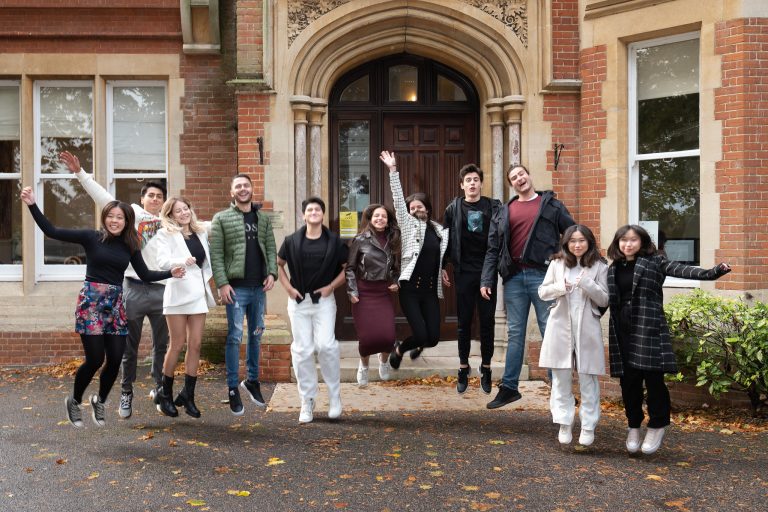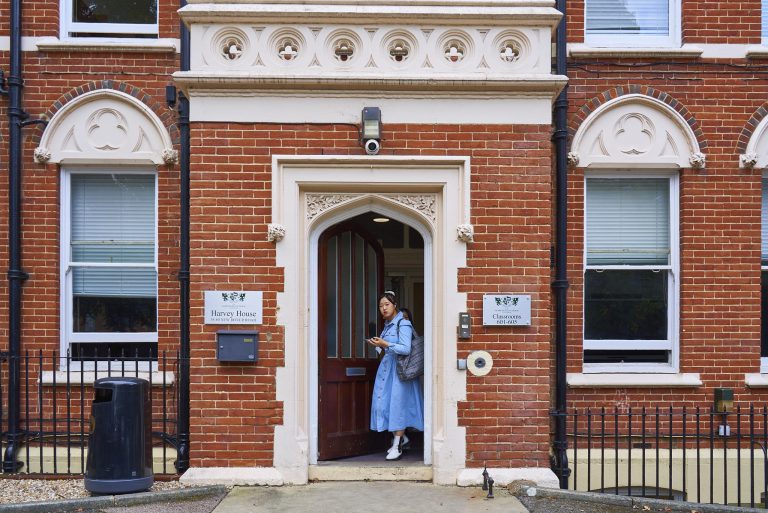Right now, students at The Worthgate School are preparing for their mock exams. Mock exams are a rite of passage for every teenager studying in Britain. While they can be daunting, they are vital in helping students develop the skills they need to gain the grades required for a top university education. In fact, being able to participate in mock exams is a key part of preparing for the final exam and helps set students up for success.
Mock exams provide an invaluable opportunity for our students to ensure they are prepared for the reality of sitting their final exams. Students are able to appreciate what is expected of them during the exam process, which is something they might not fully grasp until they experience it. The skills of performing under pressure and understanding the best way to use their time in situations like this is valuable in the exam hall and beyond. Ultimately, mock exams are an important milestone in our students’ educational journeys as they help pave the way to university.
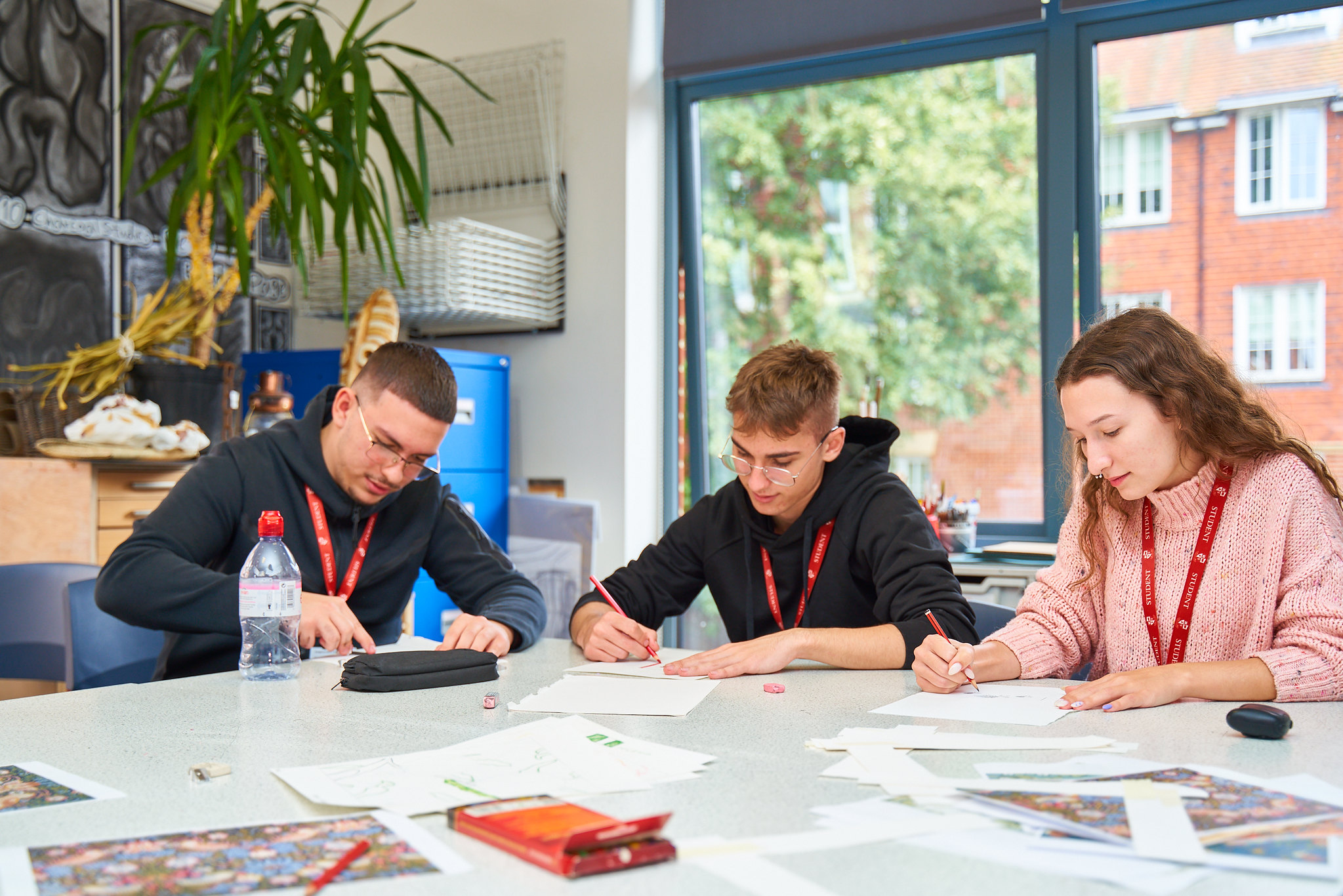
Here’s our guide to mock exams at The Worthgate School…
What are mock exams?
A mock exam is conducted by the school and it is designed to mirror a final exam. The test paper used in mock exams is usually one that was previously used as a real exam from a previous year – sometimes referred to as ‘past papers’. However, mock exams can sometimes be made up of different questions which appeared in previous final exams. Our GCSE, A Level, International Baccalaureate and University Foundation Programme students all sit practice exams under the same conditions they would the final exam.
Why are mock exams important?
Mock exams prepare students for the reality and pressure of their final exams by copying the conditions of a final exam. Students are given an exam timetable showing the dates, times, room and duration of the exam. This helps make sure students are prepared for the reality of sitting their final exams and what is expected of them when the time comes. Whilst the results achieved do not count towards students’ final grades directly they can help teachers when it comes to predicting the final grades – something which is used in university applications. Each paper helps to highlight students’ strengths and the areas where they need to revise further.
What’s it like to take a mock exam?
Mock exams feel like the final exam. They are sat under exam conditions, this means invigilators are present and the students are sat in individual, forward-facing desks, completing the papers under timed conditions. Often, test papers from recent years are used during mocks as their mark schemes are still available on secure areas of exam boards websites. After the mocks it can be useful for students to look through the mark scheme to see examples of best practice answers.
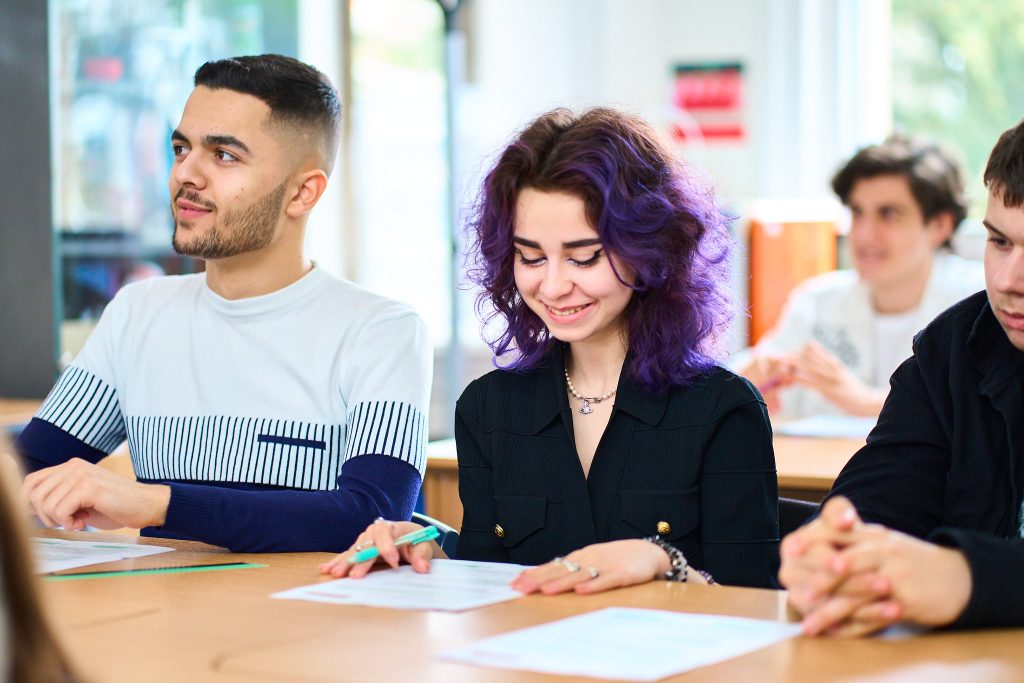
Do results from mock exams help with university applications in the UK?
Valuable data is provided by mock exams and alongside other data, it is used to inform the Teacher Predicted Grades students receive prior to their final exam. These grades are the basis upon which students use to convey a sense of their capabilities when initially applying to university.
What happens after mock exams are finished?
Papers are marked and students are provided with scores, percentages and grades using the relevant mark scheme. The feedback students get can be written, verbal or both as teachers are always available to talk through their strengths and weakness during the exam process. Outcomes can be RAG-rated to provide a starting point for revision for the final, external exams.
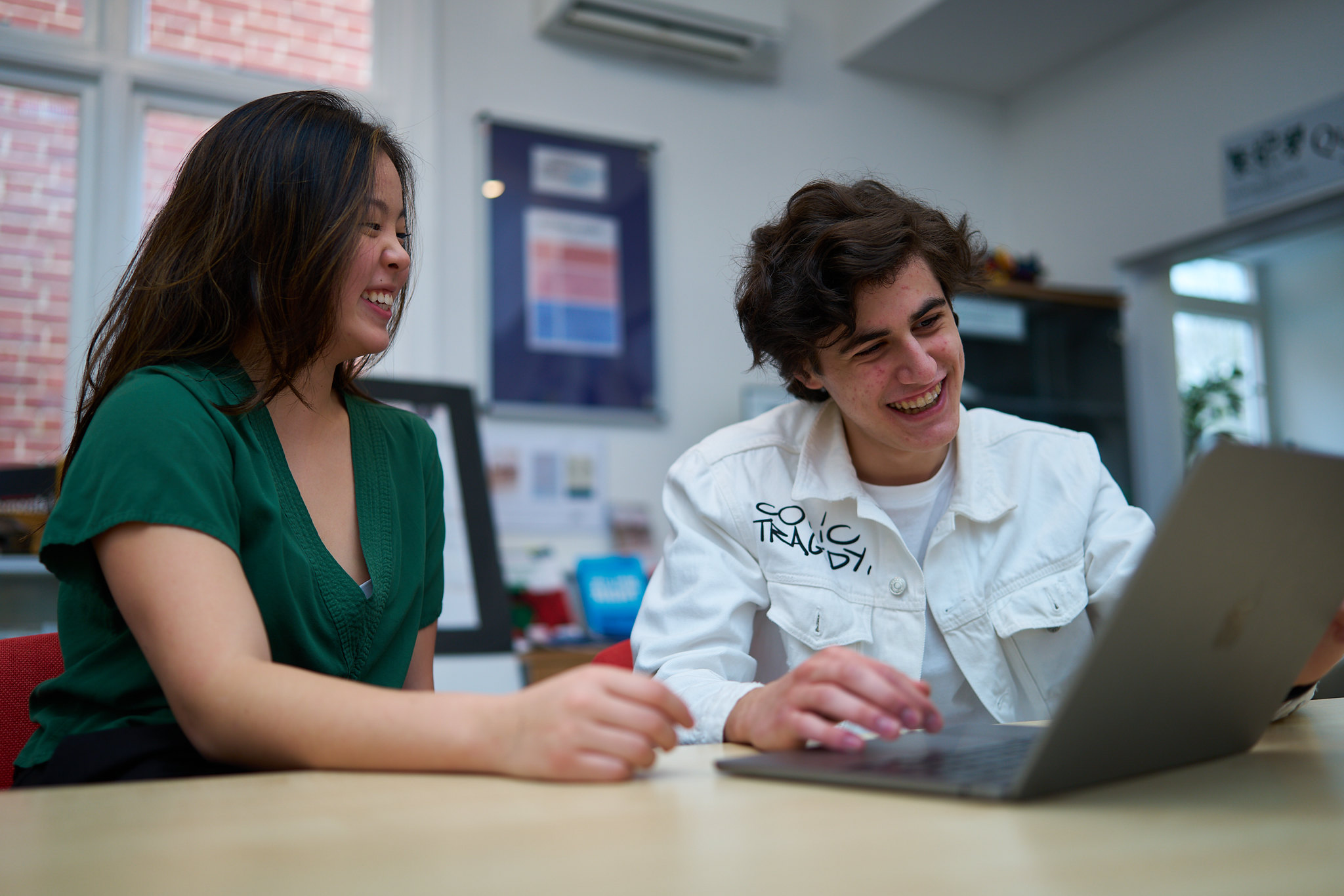
What do students find difficult about mock exams?
Teachers have to ensure that students have covered the relevant content by the time the mocks approach. The Exams Officer faces the challenge of timetabling the exams in exam halls, as well as allocating invigilators. Students may not have experienced taking such a high number of exams in such a tight time-frame. This this can put pressure on them and make them feel a bit nervous. They may need to be taught exam etiquette. It is always best to face these challenges during the mock, so they don’t catch students of guard during the final exams.
Three top tips for mock exams
Students who are taking their mock exams should:
- Create and use an exam timetable, with scheduled breaks
- Anticipate the experience with a positive mind-set – it’s a chance for you to show off your knowledge!
- Be equipped, that includes having water & snacks (for maintaining healthy level of hydration and energy during the exam)

